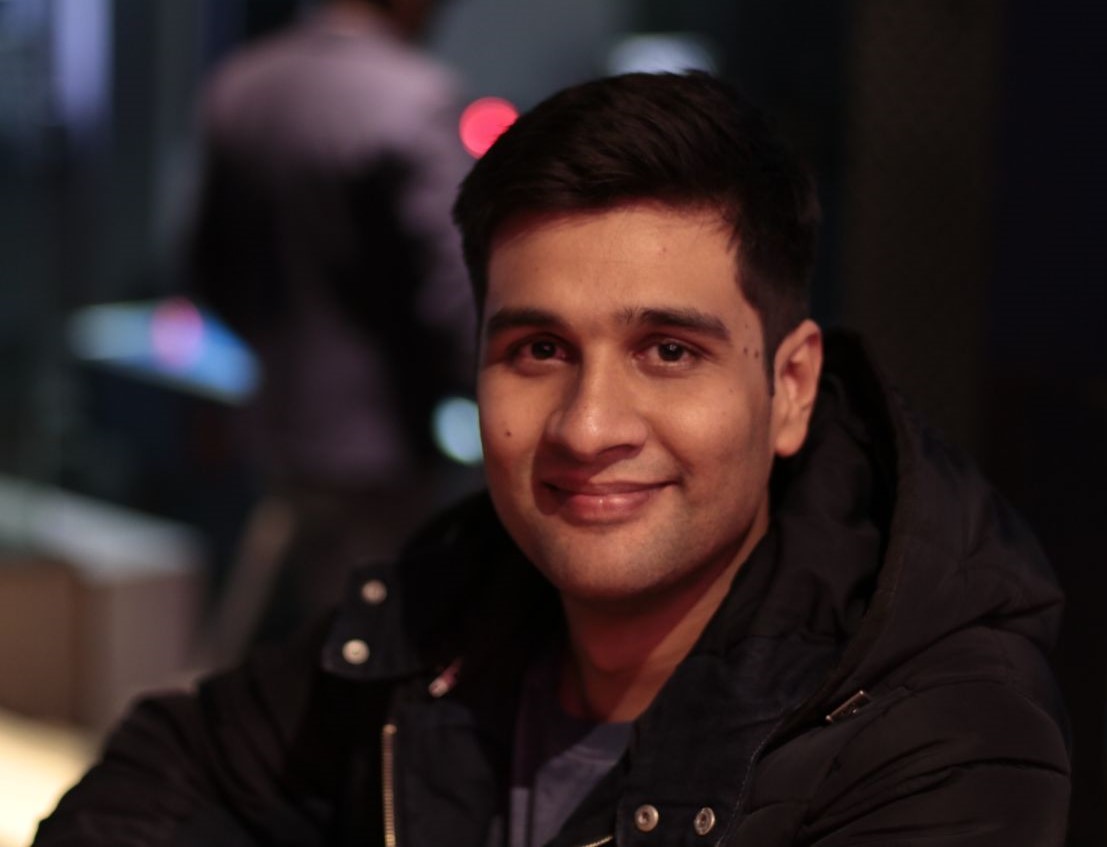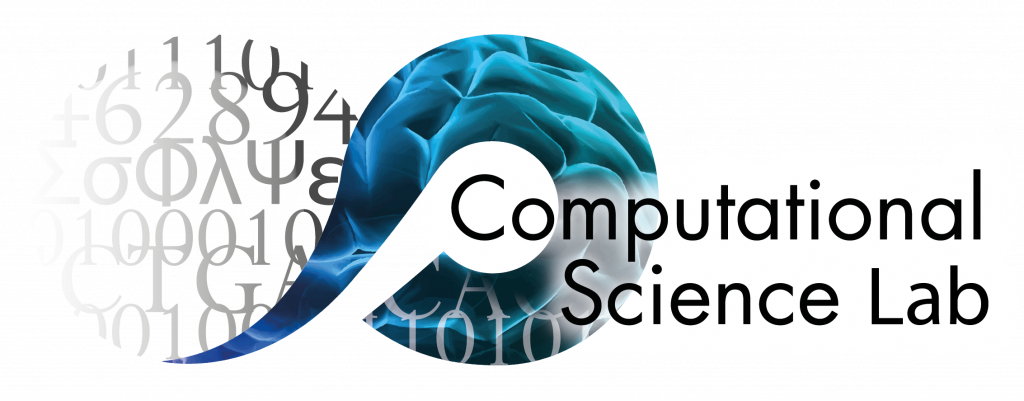
Anand Kumar Singh
Data Specialist, ING Tech R&D
Anand got his bachelor’s degree in Mechanical Engineering at IIT (BHU) Varanasi in India. In the following two years, he worked at different companies in the automobile and hospitality industry. After gaining this experience, Anand decided to enrol for a master’s degree. He wanted to go back towards the numerical and computational science side of things, which he had focussed on during his bachelor’s thesis. Anand was mainly interested in the field of Computational Finance, but he specifically looked for a programme that aligned with his background, one with a strong focus on numerical methods and math. When he came across the UvA programme, he noticed the flexibility of the study plans as well as the emphasis on computational finance. “I saw machine learning is there. There is a whole track on Computational Finance and a whole track on Computational Biology. It was very flexible. And the freedom to tailor the courses to my needs; that was really cool.”
At the start of his master’s, Anand had a clear plan of the field he wanted to focus on: Computational Finance. However, events took an unexpected turn. In his first block, he followed the Machine Learning I course. It wasn’t until the fourth block that he was able to take Computational Finance. He loved the course and felt it was thoroughly satisfying. Despite that, having followed multiple AI courses by that time, he realized AI was where his main interest lay. In the end, Anand took a mix of Artificial Intelligence and Computational Science courses.
After graduating in August last year, Anand immediately started working as a Data Specialist at ING Tech Research & Development. He has worked on a few different programs during this time, where he is mainly using his machine learning and deep learning skills. Although he primarily works in Python, Anand has recently been expanding his knowledge in C++ and parallel computing. “In hindsight, I could have chosen those courses, but at the time that wasn’t something I thought I would be interested in.”
Anand has many fond memories of his time at Science Park. When asked about highlights, some of the events he recalled were his first day, working at Science Park for assignments until late at night, and giving a seminar there. Furthermore, he enjoyed the atmosphere at Science Park, and particularly the library. In fact, he still regularly visits the library to get books, or to study or work. “Even to date, Science Park is my favourite place in Amsterdam.”
When asked about the joint degree, Anand states he did not take many VU courses. When he did, he much appreciated the practical side. Projects were interesting and informative. However, he felt exam components were often missing in the courses, and practicals lacked integration with the classes. As a result, Anand felt you easily get detached from the lectures and the theoretical aspects. On the other hand, he feels that the classes and practicals at UvA were in sync and well balanced. He especially liked the (bi)weekly assignments, as were given in Stochastic Simulation, Computational Finance and Machine Learning I and II.
As feedback for the Computational Science programme, Anand states he feels there should be more core courses. “It is very good that we have this much flexibility, but it would be nice to have a bit more identity to the programme. It would be nice to have one or two more courses. If someone does not have an idea of what they want to do, I think the core courses shape them.” In particular, he would have enjoyed more complex systems courses. Anand enjoyed the Complex Systems Simulations course, but he feels it was rather rushed. “Every lecture could have been a different course.” Finally, he describes housing as a nightmare. It would be beneficial to international students if the university could assist them with finding accommodation in the second year as well.
Anand much appreciated the Computational Science programme team, especially Mike Lees, the program director. Anand describes Mike as an open and honest person who is always looking for improvements. “Feedback was really personal, both ways. They really listened to us and really made time for us.” He strongly values the perspective they provided, for example, on issues such as the black box aspect that often comes with machine learning methods. “That kind of good, healthy scepticism, that came from the department. I am very thankful for that.”
Looking back, Anand is very happy with his decision to study Computational Science in Amsterdam. Although the flexibility of the programme made him stray a bit from the field of Computational Science itself, he is very thankful for the direction in which it has taken him. Anand is particularly pleased with the knowledge he gained. “The amount of things I gained in two years time here, I would say that I didn’t even have an idea of ten percent of that. There’s a large difference in the amount of things I know.”
